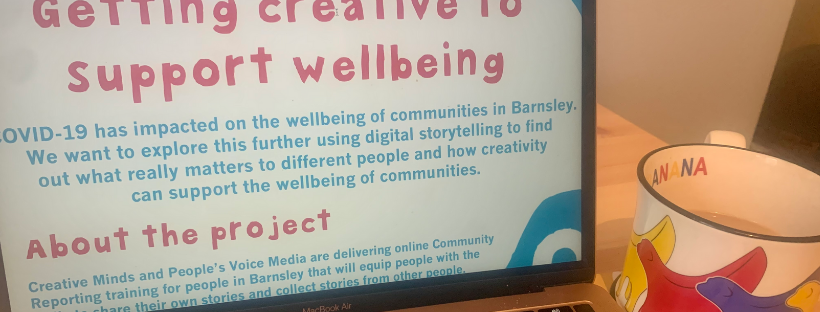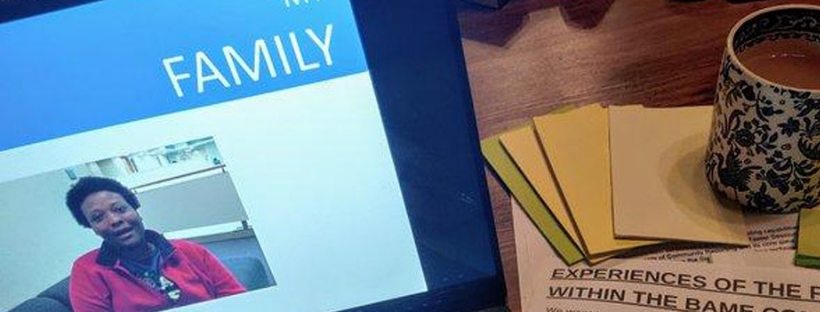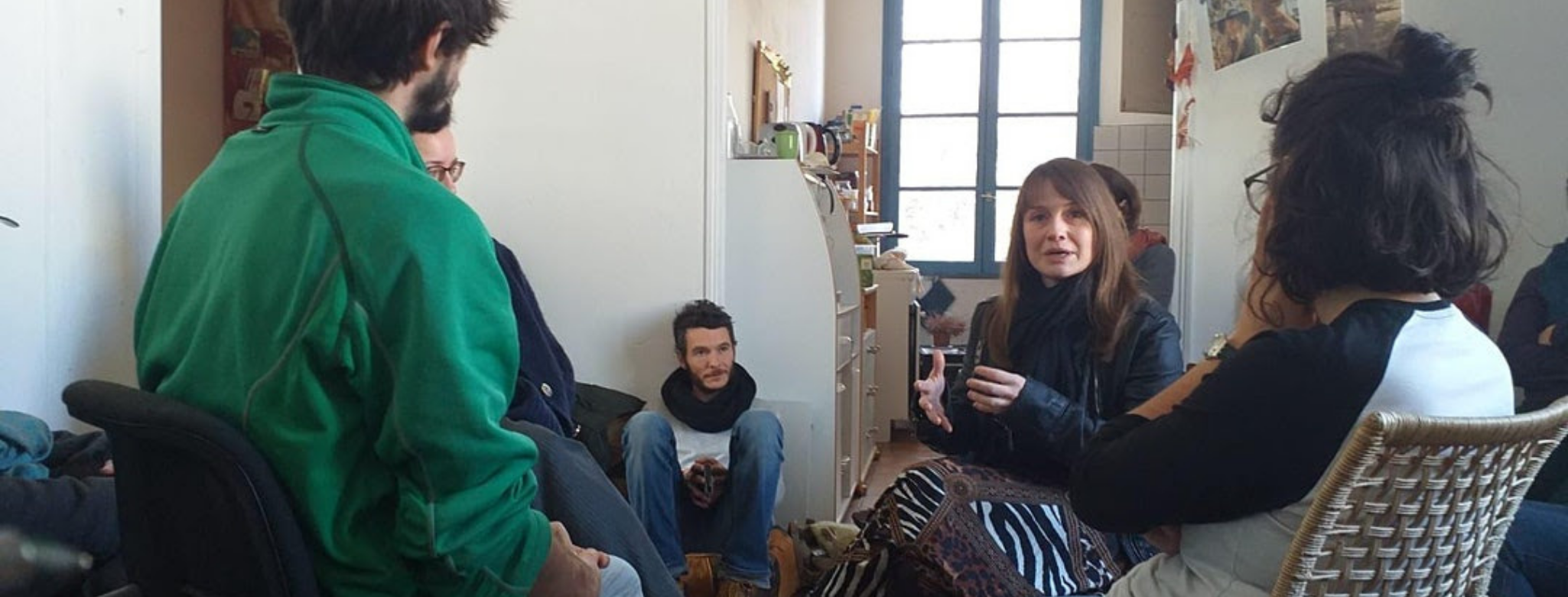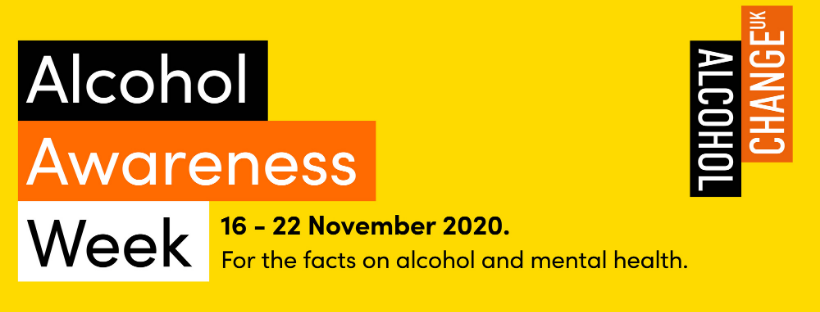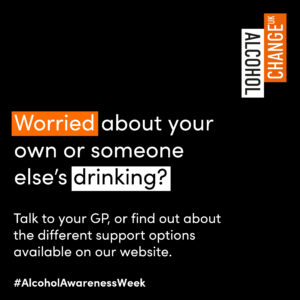INSIGHT REPORT: THE IMPACT OF THE PANDEMIC ON BAME COMMUNITIES IN NORTH KIRKLEES
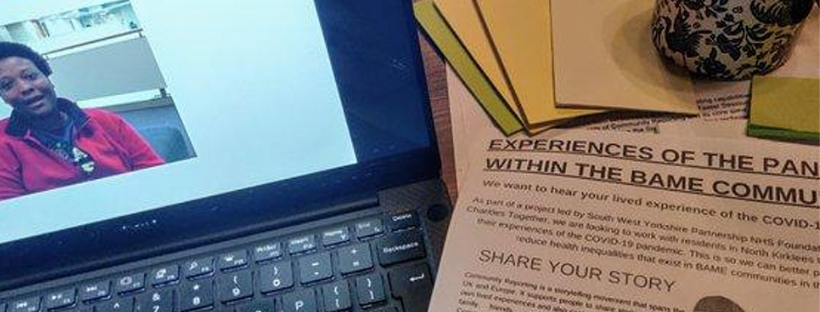
During the coronavirus pandemic, North Kirklees has suffered a very high number of deaths compared to the other areas of the South West Yorkshire Partnership NHS Trust. In some cases, two members of the same family have lost their lives to COVID-19, and the wider repercussions on physical and mental health have been numerous.
Between September and December 2020, People’s Voice Media, the Trust, and other local partners, with funding from NHS Charities Together, worked with a group of people from North Kirklees in order to gather stories of lived experience from affected BAME communities in the area, using the Community Reporting methodology. We trained these individuals as Community Reporters and, as part of this training, they have learned different storytelling techniques to enable them to share their own stories and capture stories from across their peer networks. Working with People’s Voice Media, they have curated these stories into a set of findings that we have laid out in an insight briefing which you can download below.
The report presents a picture of an area struggling under a disproportionate amount of bereavement and hardship where, as one storyteller puts it, “everyone is grieving at home on their own.”

